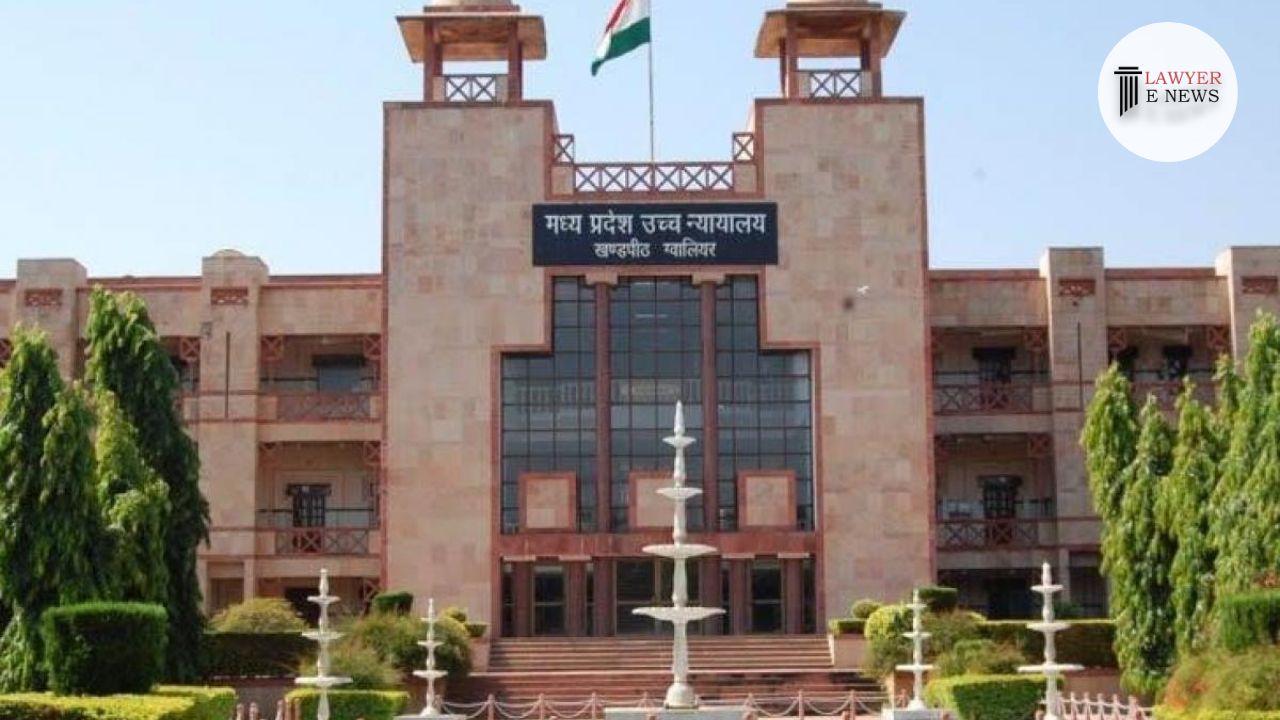-
by sayum
17 February 2026 5:39 AM



In a significant ruling that clarifies the nuances of court fee payments in suits involving both declaration and injunction, the Madhya Pradesh High Court, presided over by Hon’ble Shri Justice Sanjay Dwivedi, upheld a trial court’s decision mandating separate court fees for declaration and injunction in a retiral dues dispute case (Misc. Petition No. 2306 of 2023).
The court dismissed the petition filed by Bhagwanlal Sharma, challenging the trial court's order, which directed him to pay separate ad-valorem court fees for the relief of mandatory injunction, distinct from the relief of declaration. Sharma had argued that the injunction was merely consequential to the declaration sought in the suit.
Justice Dwivedi, in his judgment pronounced on January 24, 2024, observed, “The relief of declaration and other relief connected thereto and claimed by the plaintiff/petitioner cannot be considered to be consequential to the declaration claimed.” This observation becomes a cornerstone in distinguishing between a declaration and an injunction as separate reliefs in legal suits.
Delving deeper into the legal intricacies, the judgment referenced various precedents, including the Delhi High Court's judgment in Sujata Sharma vs. Manu Gupta & Ors. Justice Dwivedi highlighted, “No relief is consequential unless it cannot be granted without a declaration.” This statement further clarifies the court's stance on the issue.
In this case, the petitioner sought a declaration to declare null and void the actions of the respondents in granting retiral dues of a late employee in favor of other parties. He also sought a mandatory injunction for the dues to be paid to him instead. The court, while dismissing the petition, found that the claim for injunction was independent and not merely consequential to the declaration, thus necessitating separate court fees.
The High Court’s decision reiterates the importance of correctly assessing the nature of relief sought in legal proceedings and the corresponding implications for court fee payments. This judgment is expected to have significant repercussions in the way declaration and injunctions are perceived and valued in legal suits.
DATE OF DECISION: 24 January, 2024
BHAGWANLAL SHARMA VS GOVERNMENT KAMLA NEHRU
